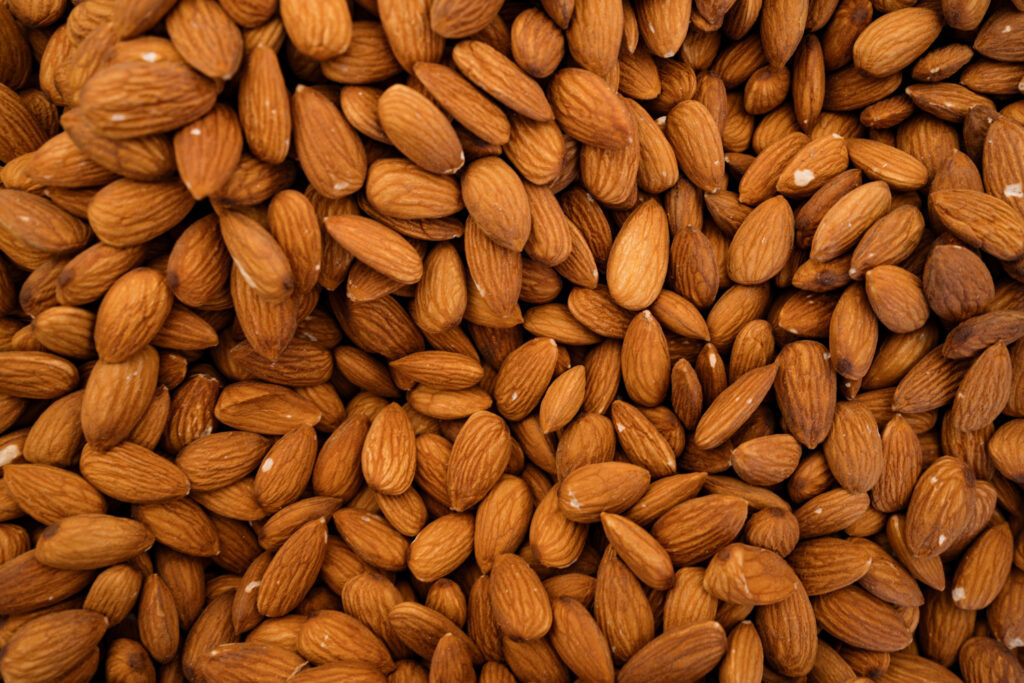
Table of Contents
Overview
Heart disease remains a leading cause of death worldwide, but the solution to better heart health might be as close as your kitchen. Certain foods are packed with nutrients, antioxidants, and healthy fats that can help lower cholesterol, reduce blood pressure, and prevent heart disease. This blog post explores a variety of these heart-saving foods, offering insights on how they can contribute to a healthier heart and a longer life
Tomatoes
Tomatoes are a powerhouse of lycopene, a potent antioxidant known for its heart-protective properties. Lycopene has been shown to lower blood pressure, improve cholesterol levels, and enhance overall heart function. Notably, the body absorbs lycopene more efficiently from cooked tomatoes and tomato products than from fresh tomatoes. Incorporating tomato-based sauces or cooked tomato dishes into your diet could help lower cholesterol, increase HDL (good) cholesterol levels, and reduce the risk of heart disease and stroke.
Olive Oil
Olive oil, especially extra virgin olive oil, is celebrated for its heart-healthy benefits. Rich in monounsaturated fats and antioxidants, olive oil helps reduce inflammation, lower blood pressure, and decrease the risk of chronic heart conditions. Studies have found that individuals who consume higher amounts of olive oil have a significantly lower risk of developing heart disease and a reduced risk of mortality from it. By substituting saturated fats like butter with olive oil, you can make a simple yet powerful change to safeguard your heart.
Edamame
Edamame, or young soybeans, is a staple in many Asian cuisines and a nutritional powerhouse for heart health. These beans are rich in soy isoflavones, which have been shown to lower cholesterol levels and improve heart function. Incorporating soy protein into your diet, even in small amounts, can significantly impact your cardiovascular health by reducing cholesterol and providing essential nutrients like fiber and antioxidants.
The Benefits of Green Tea
Green tea is renowned for its various health benefits, including its positive effects on heart health. Loaded with polyphenols and catechins, green tea acts as a potent antioxidant, reducing inflammation and protecting your heart. Research suggests that green tea can lower LDL (bad) cholesterol, triglycerides, and blood pressure, all of which are critical factors in maintaining a healthy heart. Whether you prefer drinking traditional green tea or matcha, adding this beverage to your routine could contribute to long-term heart health.
Dark Leafy Greens
Dark leafy greens such as spinach, arugula, and Swiss chard are packed with vitamins, minerals, and nitrates, which help improve blood flow and reduce blood pressure. These greens are also high in antioxidants like lutein and zeaxanthin, which protect the heart and reduce the risk of chronic diseases. Regularly incorporating dark leafy greens into your diet can contribute to better heart health by enhancing blood vessel function and lowering blood pressure
Related: 16 everyday habits that harm your heart health
Omega-3 Rich Fish
Fatty fish like salmon, mackerel, and sardines are excellent sources of omega-3 fatty acids, which are crucial for heart health. Omega-3s help lower triglycerides, reduce inflammation, and prevent the formation of blood clots, all of which can reduce the risk of heart disease. The American Heart Association recommends consuming at least two servings of fatty fish per week to reap these heart-protective benefits.
Nuts
Nuts, particularly almonds and walnuts, are nutrient-dense foods that offer significant heart health benefits. Almonds are rich in plant sterols, fiber, and heart-healthy fats, which can help lower LDL cholesterol. Walnuts, on the other hand, are packed with omega-3 fatty acids and antioxidants, which protect against inflammation and improve artery health. A small handful of nuts each day can make a big difference in maintaining a healthy heart.
Berries
Berries, especially blueberries and cherries, are high in antioxidants like anthocyanins, which help protect blood vessels and reduce inflammation. These fruits also provide essential vitamins, fiber, and other nutrients that support overall heart health. Incorporating a variety of berries into your diet can add a delicious and heart-healthy boost to your meals
Related: Foods to Avoid for a Healthy Heart
Whole Grains
Whole grains, such as oats and barley, are excellent sources of fiber, which helps lower cholesterol and stabilize blood sugar levels. Oats, in particular, contain beta-glucan, a type of soluble fiber that has been shown to reduce LDL cholesterol levels. Barley, with its nutty flavor and versatile use in soups and stews, also offers heart-protective benefits by improving cholesterol and blood sugar levels.
Dark Chocolate
Yes, you read that right—dark chocolate can be good for your heart! Consuming dark chocolate in moderation can help lower the risk of heart disease, stroke, and diabetes. Look for chocolate that contains at least 70% cocoa to maximize the benefits. The flavonoids in dark chocolate improve blood flow, reduce blood pressure, and prevent clot formation, making it a delightful way to care for your heart.
The Takeaway
Incorporating these heart-healthy foods into your daily diet can significantly reduce your risk of heart disease and improve your overall well-being. From the antioxidant-rich tomatoes and olive oil to the omega-3-packed fish and dark leafy greens, these foods offer powerful protection against cardiovascular conditions. By making mindful choices and enjoying a variety of these nutritious foods, you can take a proactive approach to maintaining a healthy heart and a long, vibrant life
FAQs Heart-Healthy Foods
Why are tomatoes considered beneficial for heart health?
Tomatoes are rich in lycopene, an antioxidant that has been shown to lower blood pressure, improve cholesterol levels, and reduce the risk of heart disease and stroke. Lycopene is better absorbed when tomatoes are cooked, making tomato-based sauces a heart-healthy choice.
How does olive oil help in preventing heart disease?
Olive oil is packed with monounsaturated fats and antioxidants that help reduce inflammation, lower blood pressure, and decrease the risk of chronic heart conditions. Replacing saturated fats with olive oil can significantly improve heart health.
What role does green tea play in heart health?
Green tea contains polyphenols and catechins, which are powerful antioxidants that reduce inflammation, lower LDL (bad) cholesterol, and help regulate blood pressure. Regular consumption of green tea has been linked to a reduced risk of heart disease.
Are nuts really good for my heart?
Yes, nuts like almonds and walnuts are excellent for heart health. They contain heart-healthy fats, fiber, and antioxidants that lower LDL cholesterol and protect against inflammation. A small daily serving of nuts can support heart health.
What makes dark leafy greens important for heart health?
Dark leafy greens, such as spinach and arugula, are rich in vitamins, minerals, and nitrates, which improve blood flow and reduce blood pressure. They also contain antioxidants that protect the heart and help prevent chronic diseases.
Can dark chocolate really benefit my heart?
Absolutely! Dark chocolate, especially with at least 70% cocoa content, contains flavonoids that improve blood flow, reduce blood pressure, and lower the risk of heart disease and stroke. However, it’s important to enjoy it in moderation.











